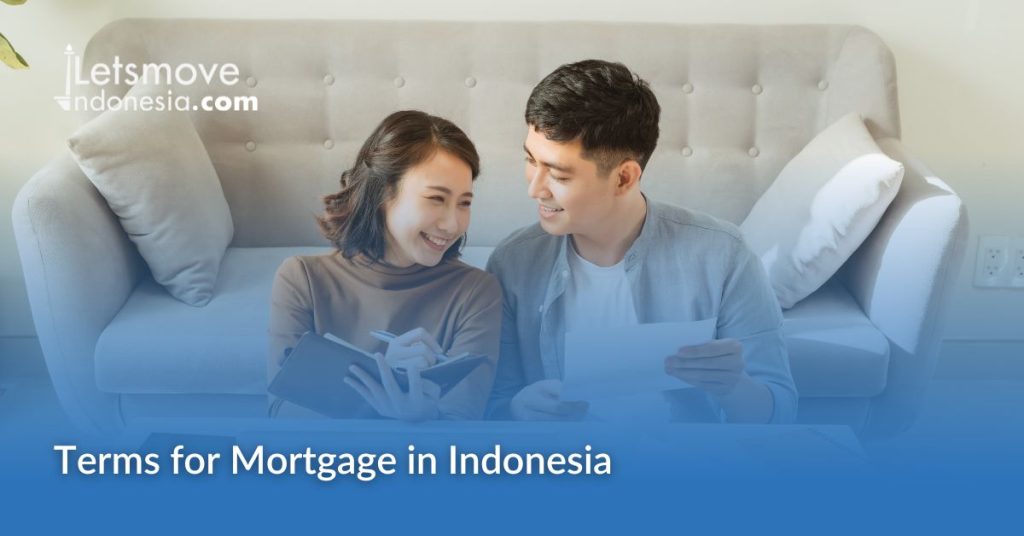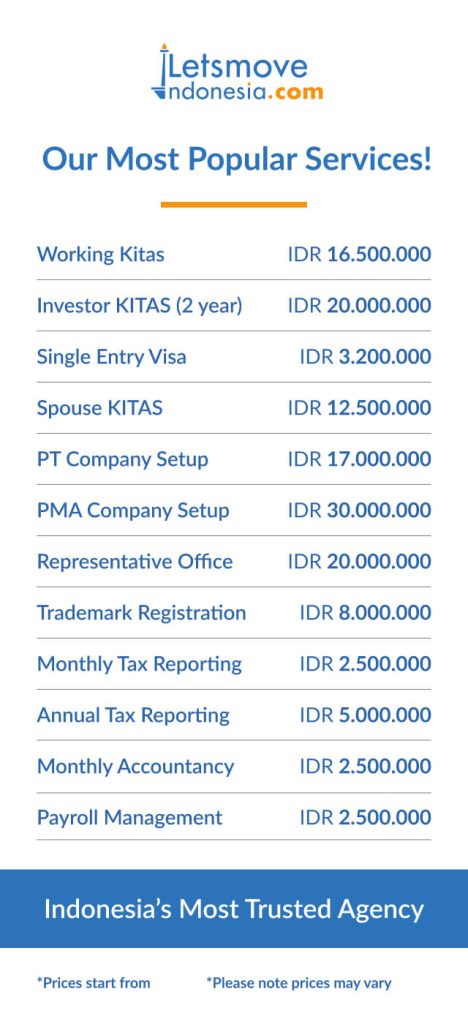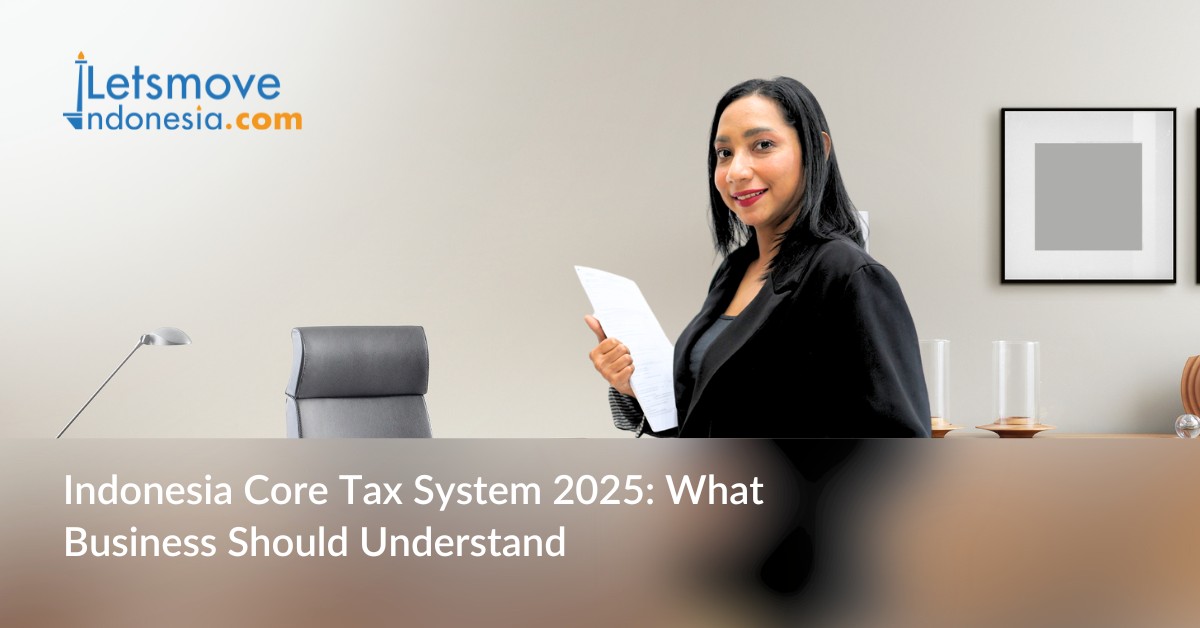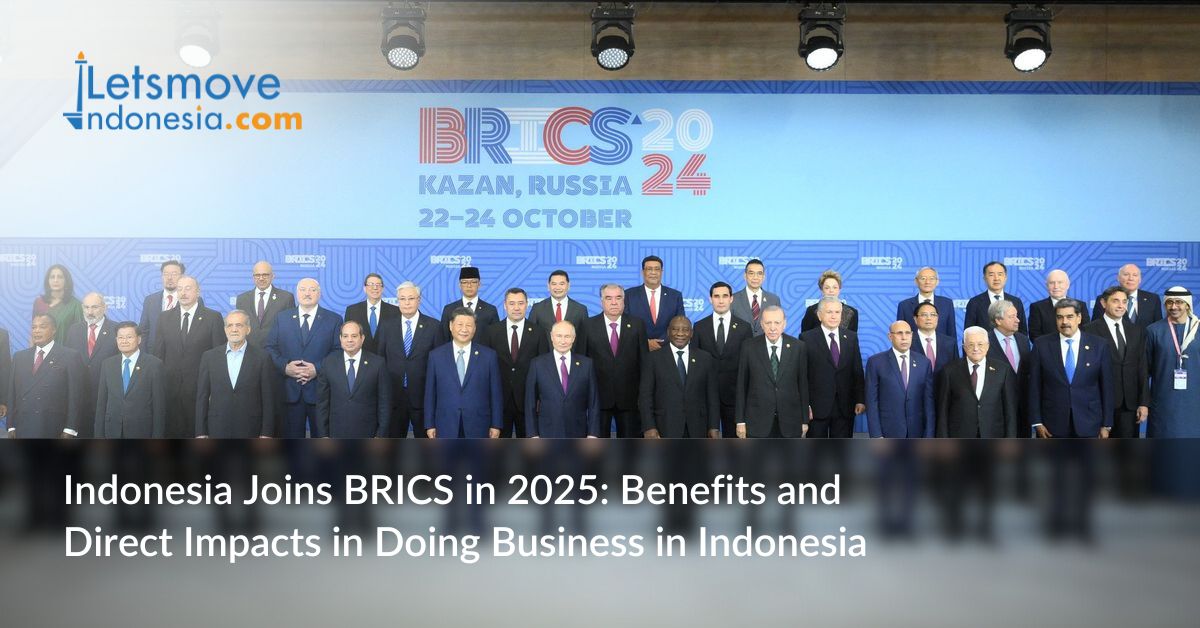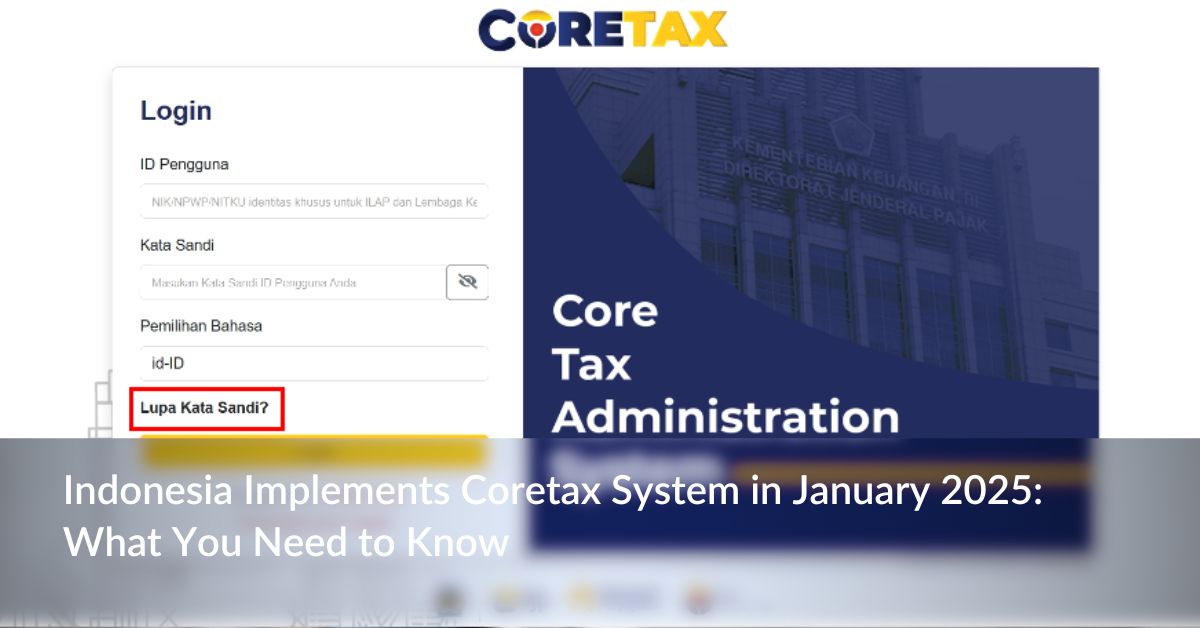Purchasing a home is a significant milestone for many individuals and families, and in Indonesia, it often involves securing a home loan to realize this dream. However, navigating the intricate landscape of home loans requires a solid understanding of the associated terms and concepts. From interest rates to loan tenures, various factors come into play that can influence your financial commitment and long-term plans. This article serves as a comprehensive guide to help you decode the essential terms related to home loans in Indonesia, ensuring that you’re well-equipped to make informed decisions on your home financing journey.
Kredit Pemilikan Rumah (KPR)
The term KPR or Home Ownership Credit is a type of financing service provided by banks to customers who seek a loan specifically for building or renovating a house. This term is also used by Bank Indonesia as a financing facility provided by banks to individual customers who intend to purchase or improve a house. KPR can be categorized into short, medium, or long-term financing for purchasing houses, both new and used, based on Sharia principles or other Islamic contracts.
In Indonesia, “KPA” typically stands for “Kredit Pemilikan Apartemen,” which translates to “Apartment Ownership Credit” in English. It refers to a type of financial arrangement or loan provided by banks or financial institutions to individuals or businesses for the purpose of purchasing an apartment. KPA allows individuals to own an apartment without needing to pay the full purchase price upfront, instead opting for a structured payment plan over a specified period.
Down Payment (Uang Muka)
The down payment (DP) is a partial payment made at the beginning of a purchase, while the rest will be paid later. The amount of the down payment depends on government regulations and agreements between the customer and the developer. Down payments for property purchases have been regulated, and recent regulations set the minimum down payment for various property types.
Loan Term (Tenor KPR)
Loan tenor or loan terms (loan tenure) refer to the repayment period of the loan. KPR offers two tenor options: long tenor (3 to 30 years) and short tenor (1 month to 3 years).
BI Checking / iDeb SLIK
BI Checking involves checking the credit history of borrowers through the Bank Indonesia Debitur Information System (SLIK).
Collateral (Agunan)
Collateral is an additional assurance given by the borrower to the bank for a credit facility based on Sharia principles. It must meet certain criteria to qualify as collateral.
Appraisal
An appraisal is the assessment of a property’s fair market value, ensuring that the buyer pays a reasonable price.
Roya
Roya is the removal of a mortgage encumbrance from a land certificate.
Agreement (Akad)
Akad refers to the agreement between the bank and the borrower in the KPR process.
Transfer of Ownership (Balik Nama)
Balik Nama is the process of transferring ownership from the previous owner to the new owner in the land certificate.
Akta Jual Beli (AJB)
The Deed of Sale and Purchase (AJB) is a legal document that serves as evidence of the transfer of land rights from the seller to the buyer. Created by a notary or a land deed official (PPAT), this document proves that you are the rightful owner of the land and related buildings. In addition to being carried out by a designated official, the signing must be done in the presence of a notary. The AJB is not proof of ownership of a property.
The AJB is not a type of land certificate, but rather a valid document that serves as evidence of the transfer of land rights due to a buying and selling process.
Plafon Bank Indonesia
In the Indonesian Dictionary (KBBI), the credit ceiling is the maximum limit (cost, credit, etc.) provided. In mortgage terms, the credit ceiling refers to the loan amount provided by the bank to the customer. Calculating the credit ceiling involves subtracting the down payment you pay to the bank from the house price. Therefore, the down payment significantly affects the amount of the loan ceiling you apply for, which ultimately influences the monthly instalment payments for the house loan.
Suku Bunga
Banks use fixed interest rates or floating interest rates. A floating interest rate means that the loan interest can change at any time during the loan period. Meanwhile, a fixed interest rate means that the interest remains unchanged throughout the loan period or only for a specific period.
With a floating interest rate, the amount of interest paid by the debtor can fluctuate according to the interest rate set by the bank. Generally, the bank sets the floating interest rate amount each month and will notify the debtor in writing if there are changes in the interest rate.
SBDK (Basic Loan Interest Rate)
The term KPR SBDK stands for the Basic Credit Interest Rate. This term refers to the benchmark interest rate used by banks as the basis for providing loan interest to customers. The Basic Credit Interest Rate (SBDK) is used as the basis for determining the loan interest rate that the bank will apply to customers.
The SBDK does not yet account for the estimated risk premium component, the size of which depends on the bank’s assessment of the risk for each debtor or debtor group. Thus, the interest rate applied to debtors may not necessarily be the same as the SBDK.
For non-mortgage consumer loans, disbursement through credit cards and Unsecured Loans (KTA) is not included. Information about the prevailing KPR SBDK terms can be found in publications at each bank branch and/or the bank’s website.
Loan to Value (LTV)
The term KPR LTV (Loan to Value) refers to the ratio of the loan amount to the sale price of land/building. In other words, loan to value is a financial term used by lenders to express the ratio of the loan amount to the value of the purchased asset.
Another definition of Loan to Value is a risk assessment measure that calculates the loan amount as a percentage of the existing collateral value.
From the above definitions, it can be concluded that loan-to-value is a tool used to compare the loan amount with the property value being purchased, with the aim of evaluating the risk of a loan.
The Loan to Value ratio is typically calculated before a financial institution approves a mortgage application or property loan. Assessments with a high LTV ratio are considered high-risk loans, while a low LTV ratio is considered low-risk.
Instalment (Cicilan)
KPR instalment (cicilan KPR) is a periodic cash payment as part of a predetermined instalment payment, which can vary based on the length of the instalment period. An instalment can also be defined as the amount of credit payment made in periodic intervals. It includes both the principal and interest payments.
For those interested in purchasing a condominium, it’s important to understand the type of SHSRS (Strata Title Certificate) which signifies individual ownership of a vertical or apartment-style dwelling built on collectively owned land.
Subsidized Mortgage (KPR Subsidi)
Subsidized Mortgage (KPR Subsidi) is a credit facility intended for low- to middle-income individuals and families to fulfil housing needs or improve existing homes. The subsidy provided can take the form of reduced interest rates and additional funding for home construction or improvement. This subsidized credit is regulated by the government, and not all applicants may qualify. Generally, the government sets income and maximum credit limits for eligibility.
The term subsidized mortgage also refers to home ownership financing that receives assistance and/or benefits from the government in the form of long-term low-interest funds and housing acquisition subsidies issued by the Implementing Bank, both conventionally and according to Sharia principles.
Conventional Mortgage (KPR Konvensional)
Conventional mortgage (KPR konvensional) is available to the general public. The terms and conditions for a conventional mortgage are set by the bank, determining the loan amount and interest rate according to the bank’s policies. Generally, the requirements and conditions applied by the bank for customers applying for a mortgage are relatively similar, both in terms of administrative processes and loan determinations. The most prominent difference between conventional and Islamic mortgages lies in the transaction process. Conventional mortgages involve monetary transactions, while Islamic mortgages are based on transactions involving goods.
PPJB (Agreement to Sell and Purchase Binding)
In Mortgage processes in Indonesia, we will encounter some localized legal terms, one of them is Agreement to Sell and Purchase Binding, which is also called Perjanjian Pengikatan Jual Beli (PPJB). In mortgage terms, PPJB is a sales agreement between the seller and buyer, which remains a mutual agreement and doesn’t entail a legal transfer of land/house ownership. In short, PPJB is a document signifying the seller’s commitment to sell to the buyer. PPJB is distinct from PJB (Transfer of Rights) and AJB (Deed of Sale and Purchase).
Property Certificate (Sertifikat Properti)
When buying or owning a property, having the proper documentation is crucial. One such document is a property certificate, which signifies ownership of the property by an individual or a company.
In property terms, there are several types of Property Certificates According to Applicable Laws. Perhaps the most commonly heard is the SHM (Hak Milik Certificate), which grants full ownership rights over land to the certificate holder. There’s also the SHGB (Hak Guna Bangunan Certificate), which allows the holder to use the land to build structures for a specific period while the land ownership remains with the state.
For those interested in buying an apartment, it’s important to understand the Strata Title Certificate (SHSRS), which signifies ownership of a vertical or apartment-style dwelling built on collectively owned land.
Booking Fee KPR
Another mortgage term, booking fee, refers to a sum of money paid as a form of commitment, seriousness, or down payment when purchasing an item. The booking fee serves as a down payment when the potential buyer commits to reserving a specific property unit.
The booking fee demonstrates the buyer’s seriousness about purchasing the house. In many property reservations, if you’ve placed a down payment and later cancel the order, the booking fee might be forfeited or non-refundable. However, some property developers might refund the booking fee, depending on their policies, as there is no official regulation governing this matter.
Estimate Your Home Loan Scheme With LetsMoveIndonesia EMI Calculator
Estimating your home loan balance with precision is effortless through LetsMoveIndonesia’s EMI calculator. This user-friendly tool simplifies the complex world of loan repayment by considering factors like interest rates and tenure. By inputting your maximum loan amount and the desired tenure, you can accurately gauge your outstanding balance over time. The platform’s intuitive interface empowers you to make informed decisions when applying for a home loan, ensuring financial clarity and enabling you to plan your future confidently.
Applying for a home loan becomes a strategic endeavour with LetsMoveIndonesia’s EMI calculator. This invaluable tool assists in determining the ideal loan amount by factoring in your financial capabilities and goals. It provides an insightful breakdown of monthly instalments, enabling you to make an informed choice on loan repayment terms. By utilizing this calculator, you can navigate the application process with clarity, ensuring you secure the most suitable home loan arrangement while staying firmly in control of your financial future.
Get A Home Loan Easily With LetsMoveIndonesia
Apply for a home loan effortlessly with LetsMoveIndonesia’s Mortgage Services. Streamlined processes ensure hassle-free applications, while their expertise leads to higher loan sanction possibilities. Secure your dream home confidently with LetsMoveIndonesia’s reliable assistance.
LetsMoveIndonesia’sMortgage Services simplify the journey to homeownership. Seamlessly apply for home loans and benefit from their skill in securing higher loan sanctions. Enjoy peace of mind as you navigate the housing market, supported by LetsMoveIndonesia’s commitment to a stress-free and successful home loan experience. Get your home loan with us by booking a free consultation!
Found this article interesting? Then check out our other useful articles about home loan mortgage here!
Exploring Possibilities of The Expat Mortgage in Indonesia
Your Path to Property Ownership: Essential Steps for Obtaining Mortgage in Indonesia
Decoding Indonesian Mortgage Products: The Essential Guide for Homebuyers
Top Banks that Partnered with LetsMoveIndonesia for Mortgage
Get Your Desired Mortgage with LetsMoveIndonesia: What You Need to Know
